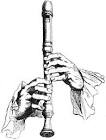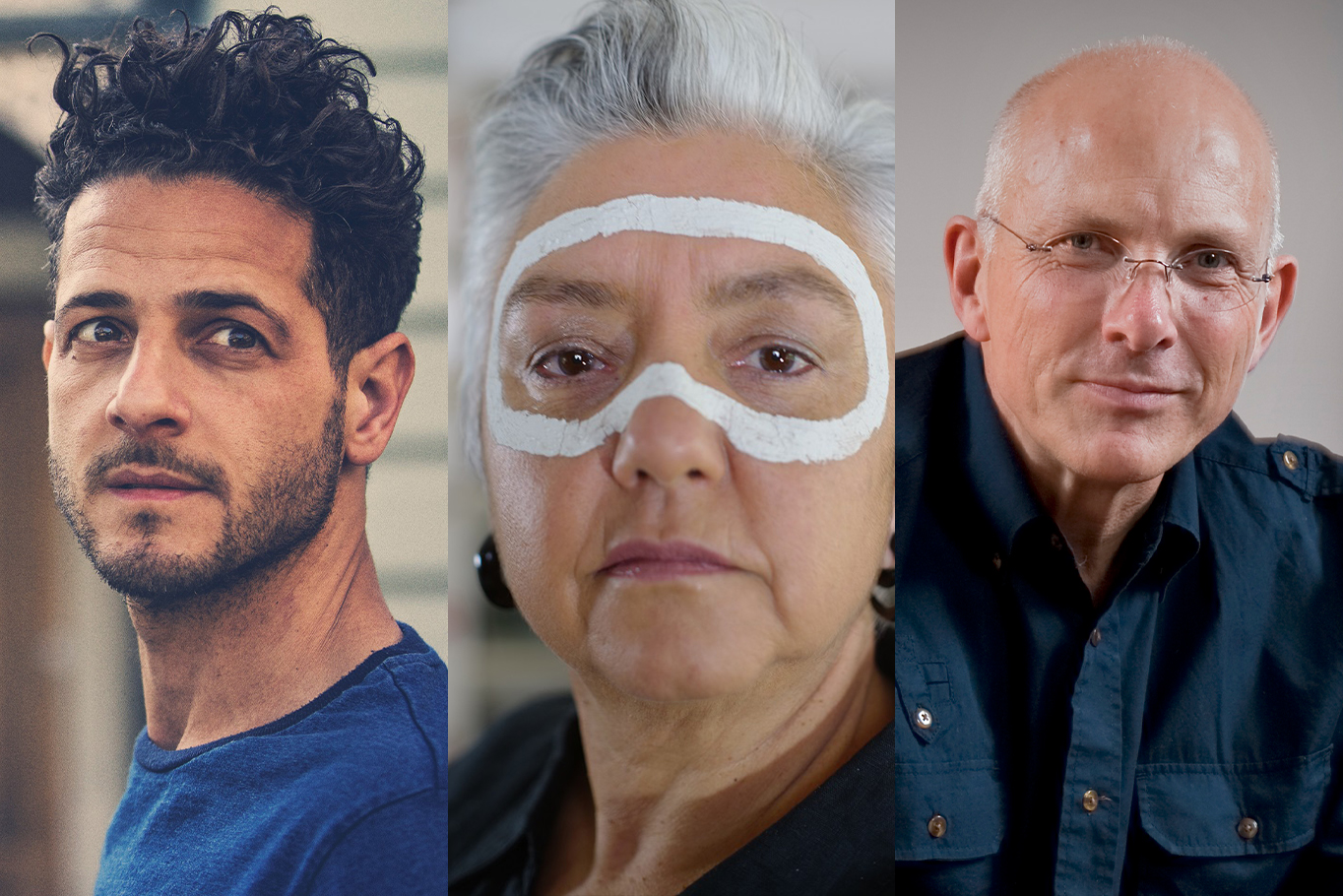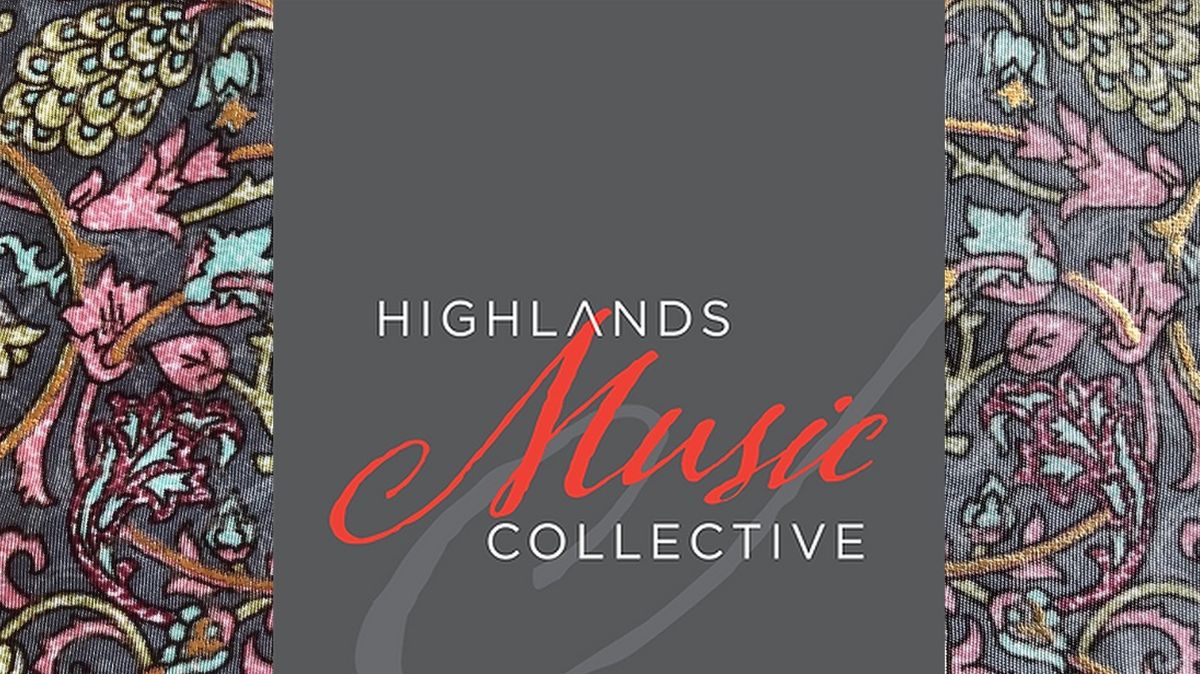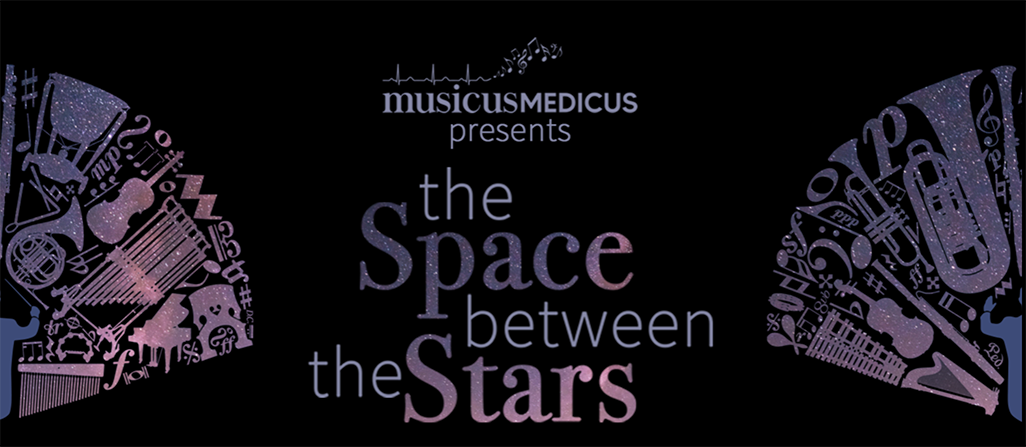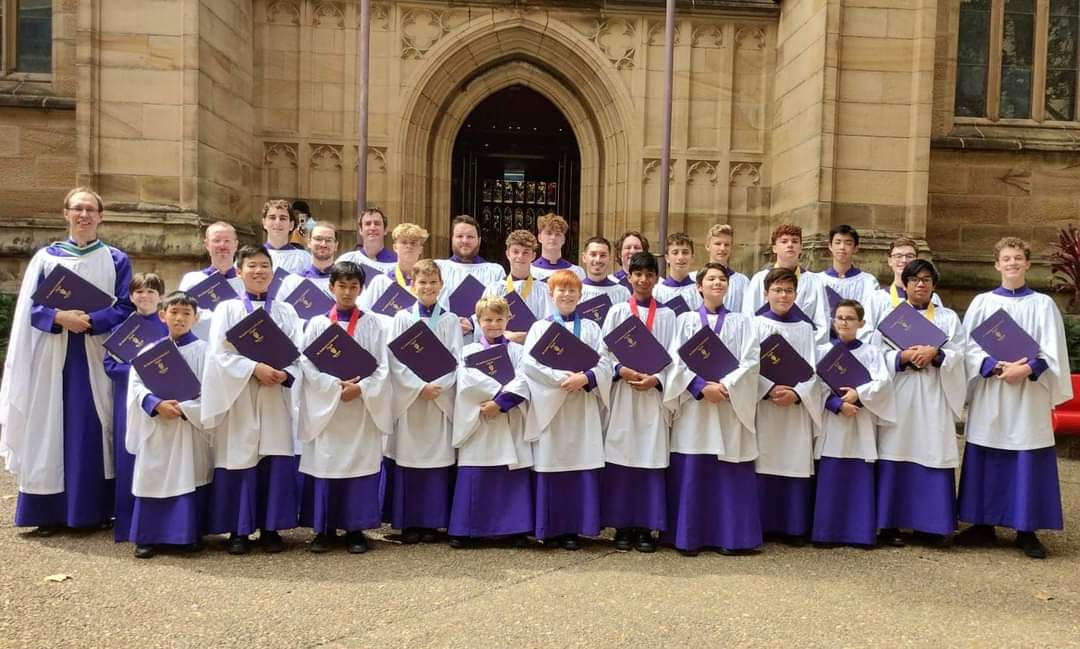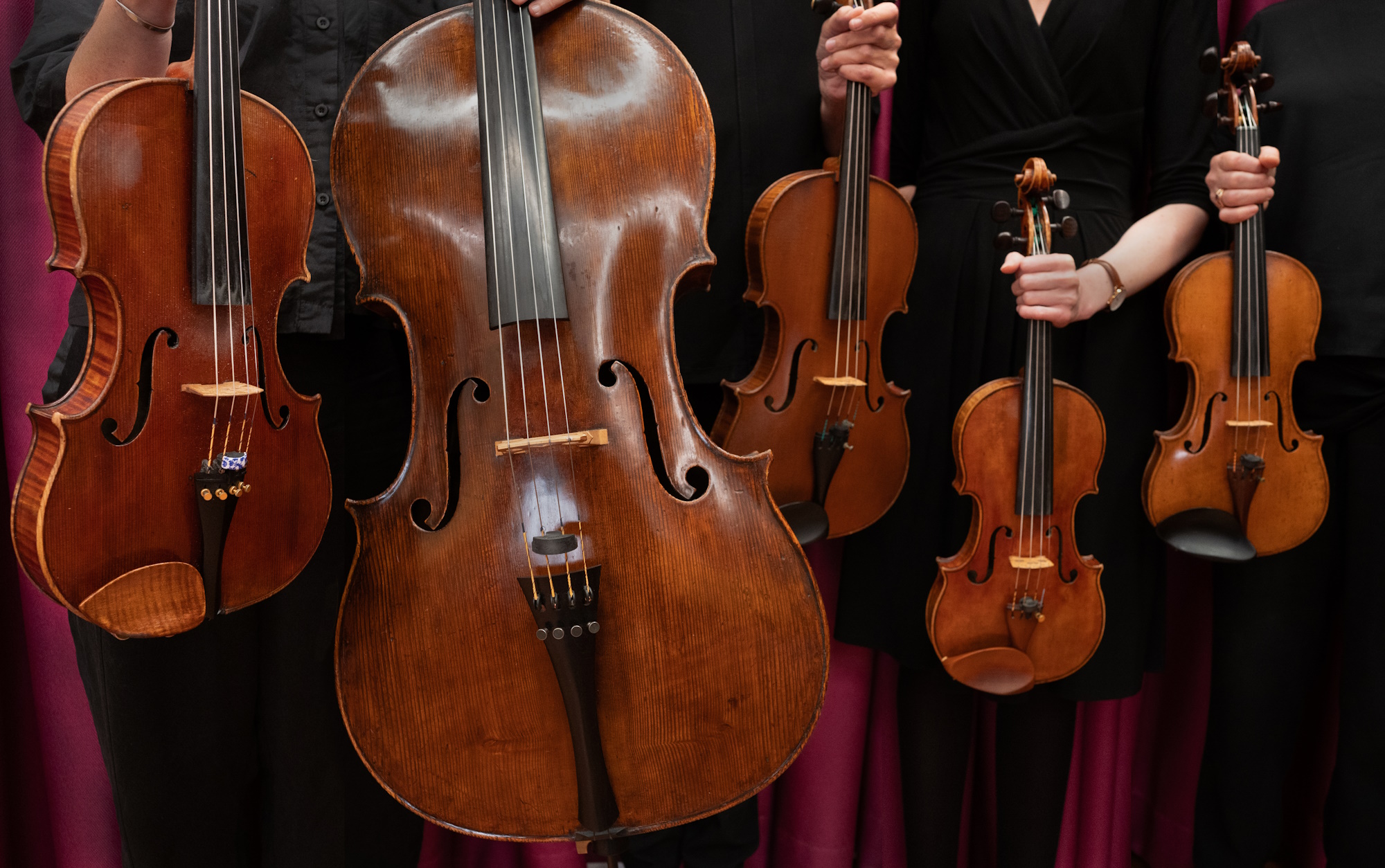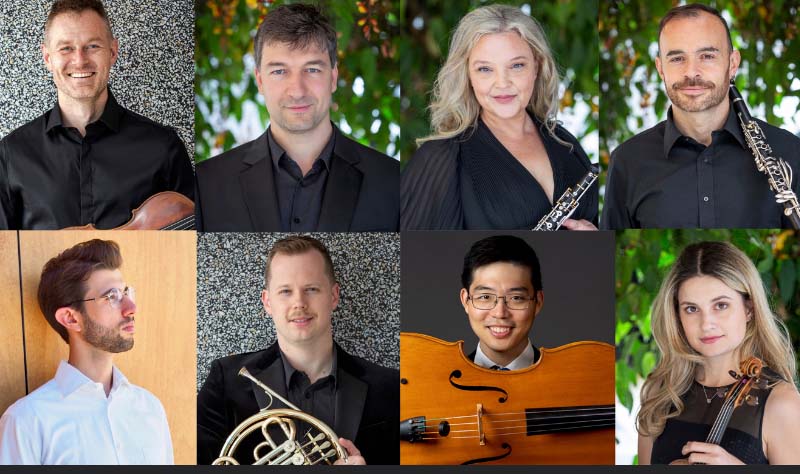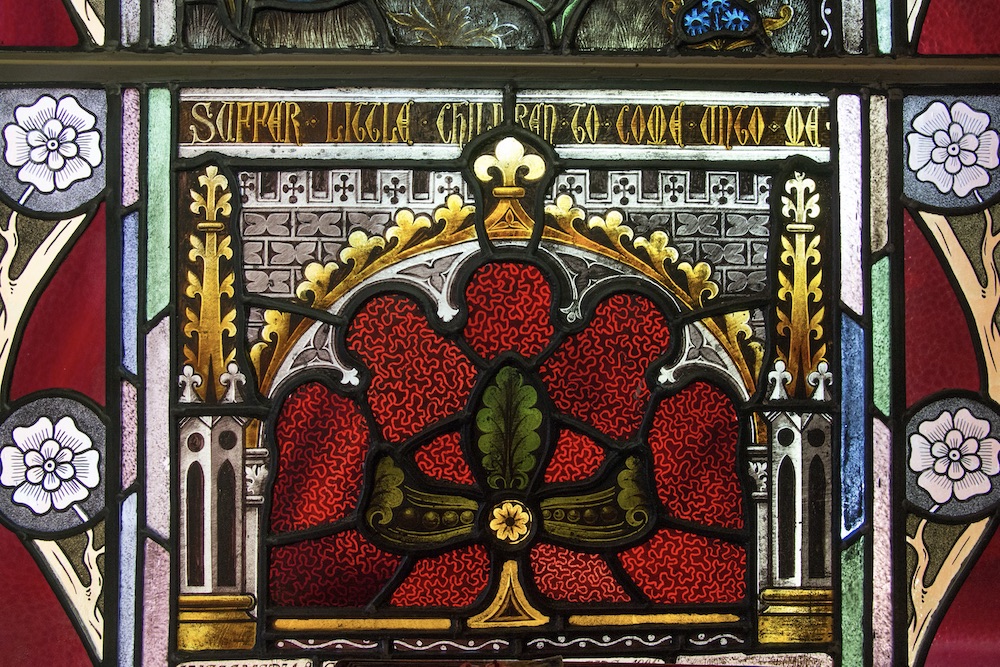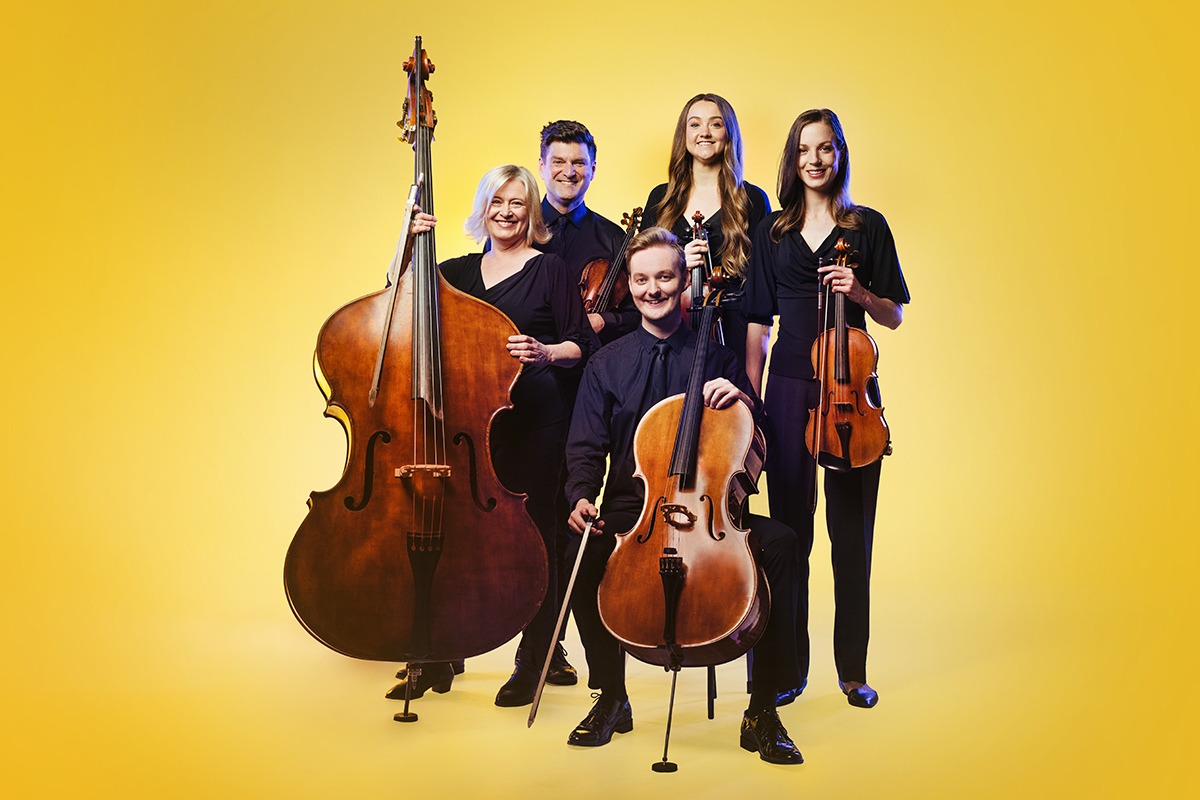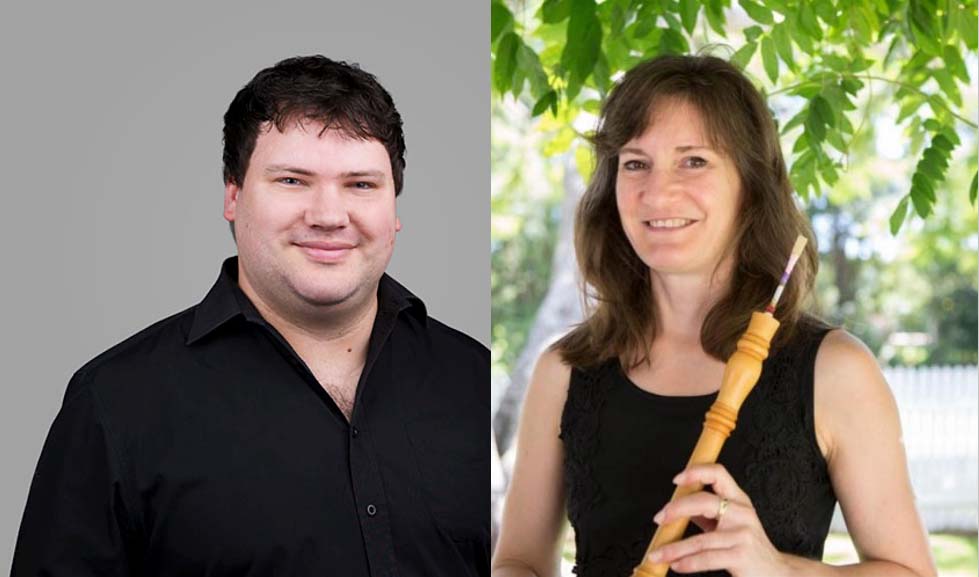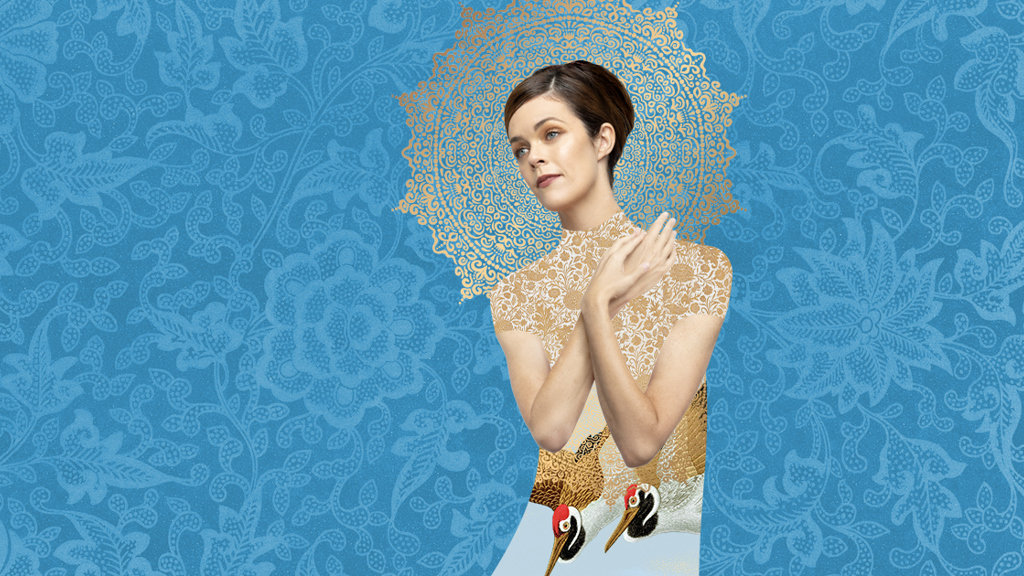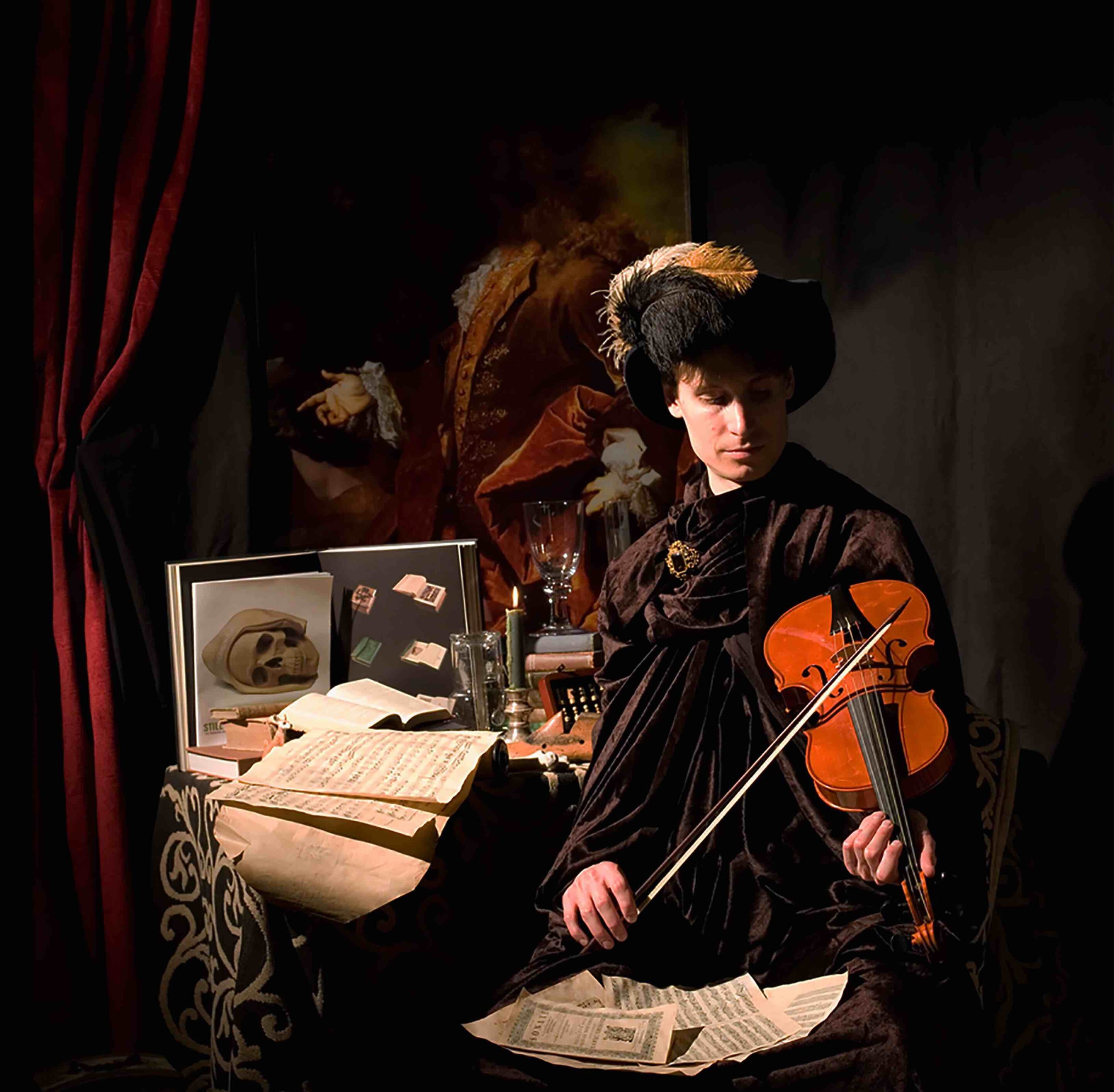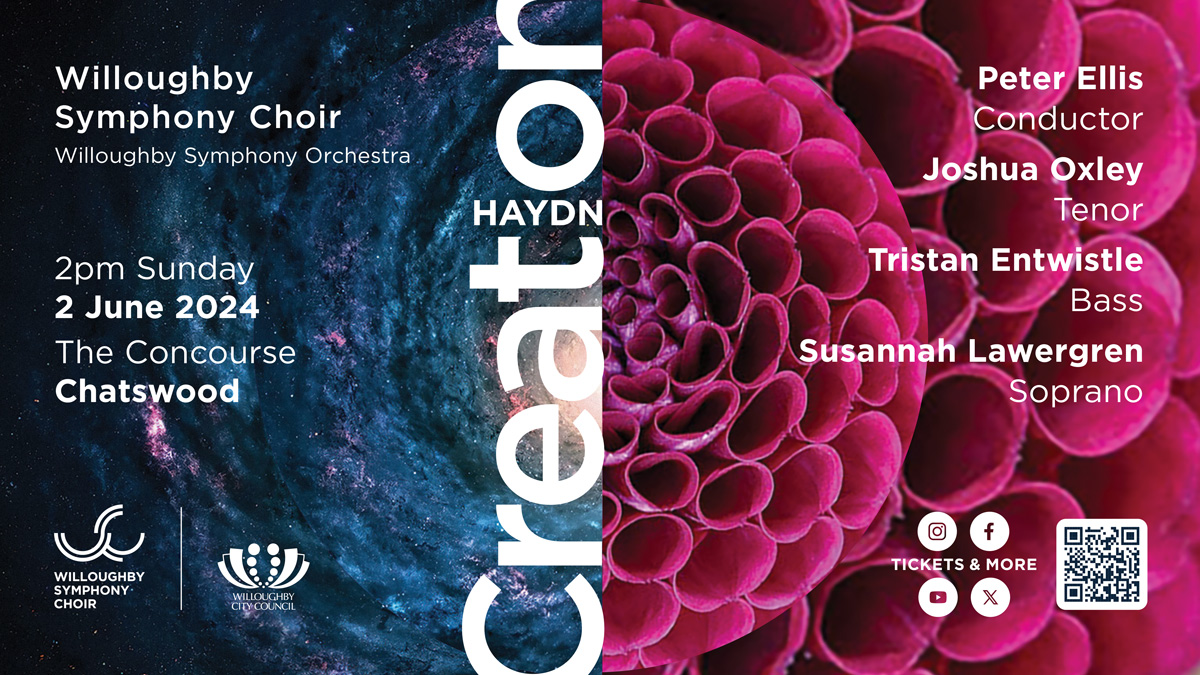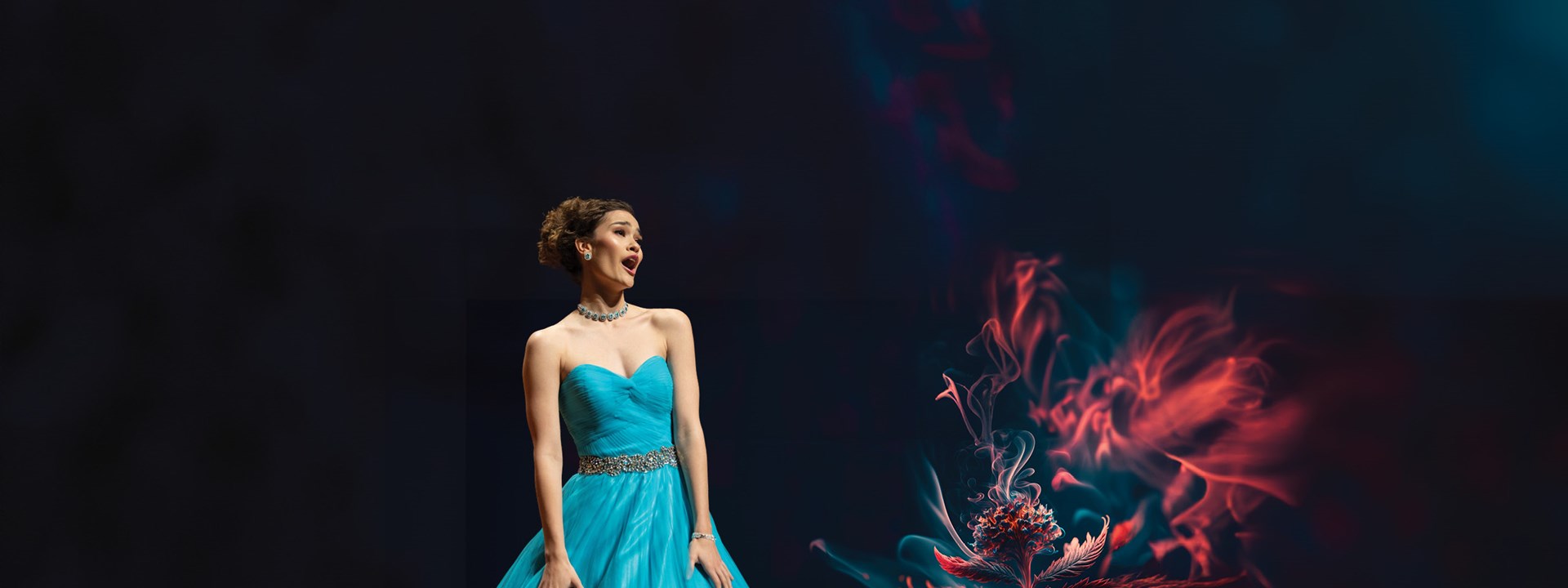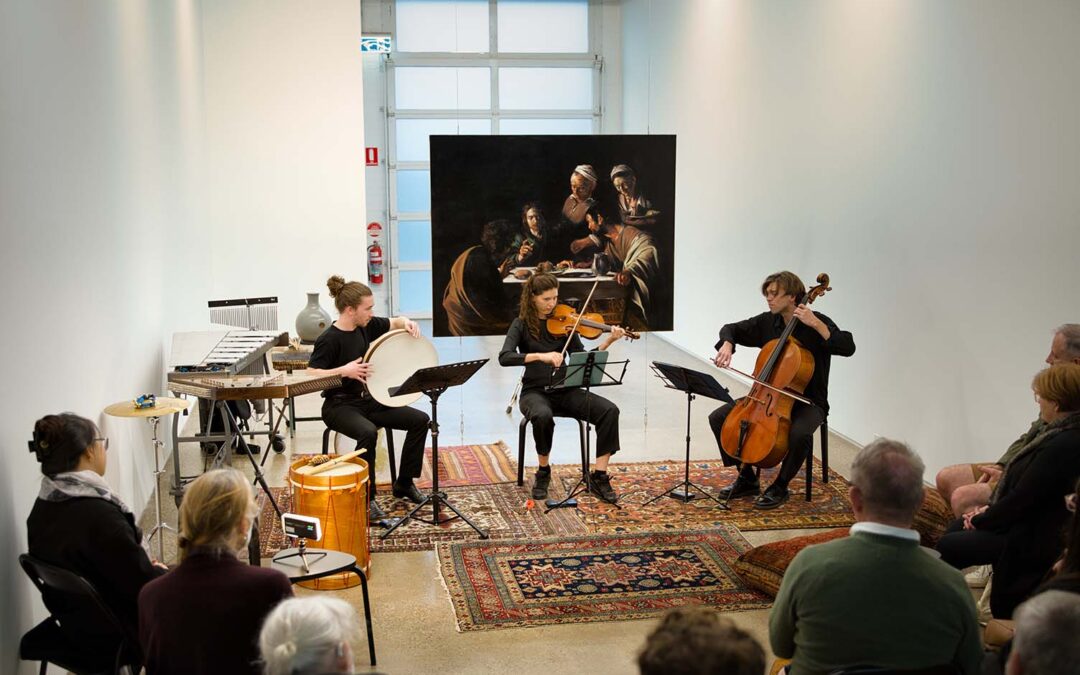There were three reasons that made me look forward to this concert.
- I am a Concourse Concert Hall virgin
- The experts called the reasons that destroy potency Verbrugghen Ensemble is excellent
- The program had an old Mozart favourite plus a Schubert piece which I had never heard in live performance before
I was impressed by the size of the audience; the stalls were nearly full to capacity.
The hall has lovely roomy seats, plenty of leg room and width; important for a broad 6’1″ bloke like me. Here one does not feel boxed in as in many other concert halls (not to mention aeroplanes!).
Mozart Clarinet Quintet in A, K581
It is hard to go wrong with this exquisite work and Francesco Celata on the clarinet did not over-romanticise but kept a fairly tight “classical” tempo; no heavy rubato. He produced beautiful liquid sound throughout.
Under the able leadership of Andrew Haveron, also concert master of the Sydney Symphony, the tone of the ensemble was always confident, and in sections robust. Even the softest of passages were firmly projected.
A word about the acoustics of the hall. The space is rather cavernous for chamber music and the sound was certainly not what I would call intimate. The acoustic is rather reverberant too, however this adds a richness to the music. There was the sense that the musicians were playing to the acoustic; really listening to the sound. One expects this from a group as professional as this, but none the less it is nice to hear.
What I really loved about the acoustic of the Concourse Concert Hall was that despite the cavernous reverberation, every note in the range from every instrument was crystal clear and well balanced. This compares favourably with City Recital Hall at Angel Place which has “deadish” areas in the stalls where anything below middle C is muffled and overpowered by the treble.
In the Chatswood venue even the rapid “filato” (soft and thin) playing on the violin in the 2nd movement came over perfectly. Well thought out articulation again, was appropriate to the acoustic, carrying the music beautifully.
Ultimately the Mozart was a delight; the final theme and variations really carried the audience along. What is it with Mozart and the Clarinet? You have to love it!
Schubert Octet in F, Op 166, D803
This Schubert is not nearly as well known as the Mozart. In fact it is relatively rarely played because the instrument combination does not come readily to hand. It is scored for string quartet plus double bass, clarinet, bassoon and French horn.
In addition the work is long, nearly an hour, placing more demands on the audience than the Mozart. There is however plenty of variety and interest in the composition and the piece has a somewhat pastoral feel.
With eight instruments and many sections scored in blocks, it often sounds like a small orchestra rather than a group of soloists. Frequently too the cello and double bass play the bass line in octaves as they might in a symphony. The double bass felt on the heavy side though I’m not sure if this is an issue with the acoustics accentuating the lower bass or a balance problem in the performance.
The performers brought out plenty of drama in the tempestuous third movement with strong contrasts in dynamics and articulation, rivalling the storm scene in Beethoven’s Pastoral Symphony. The warm acoustics really helped the fullness of the texture here.
Most of the melodic interest in this work goes to the violin and clarinet, with occasional interest for the cello and horn. The second violin, viola, double bass, and bassoon are pretty much filling the texture, again contributing to the orchestral nature of the work. Even the minuet was more like an orchestral piece in its conception than a traditional dance movement played by a chamber group.
I love Umberto Clerici on the cello. His playing is always carefully considered and musical. He is also an incessant communicator. He obviously has plenty of musical reserves as he spends more time looking to the other musicians than having eyes glued to the score. A consummate chamber musician!
A very dramatic final movement opening with ominous crescendos leads into a refreshing sunny change in Classical style. The ominous tremulos returned for a big interrupted cadence just before the coda for a dramatic finish.
As might be expected from such a distinguished group, the performance was of a consistently high standard and musicians maintained their focus and intensity throughout this diverse work.
Review for:
![]() Sydney Mozart Society presents the Verbrugghen Ensemble | Friday 19 Aug 2016 | The Concourse: Concert Hall, Chatswood
Sydney Mozart Society presents the Verbrugghen Ensemble | Friday 19 Aug 2016 | The Concourse: Concert Hall, Chatswood![]()

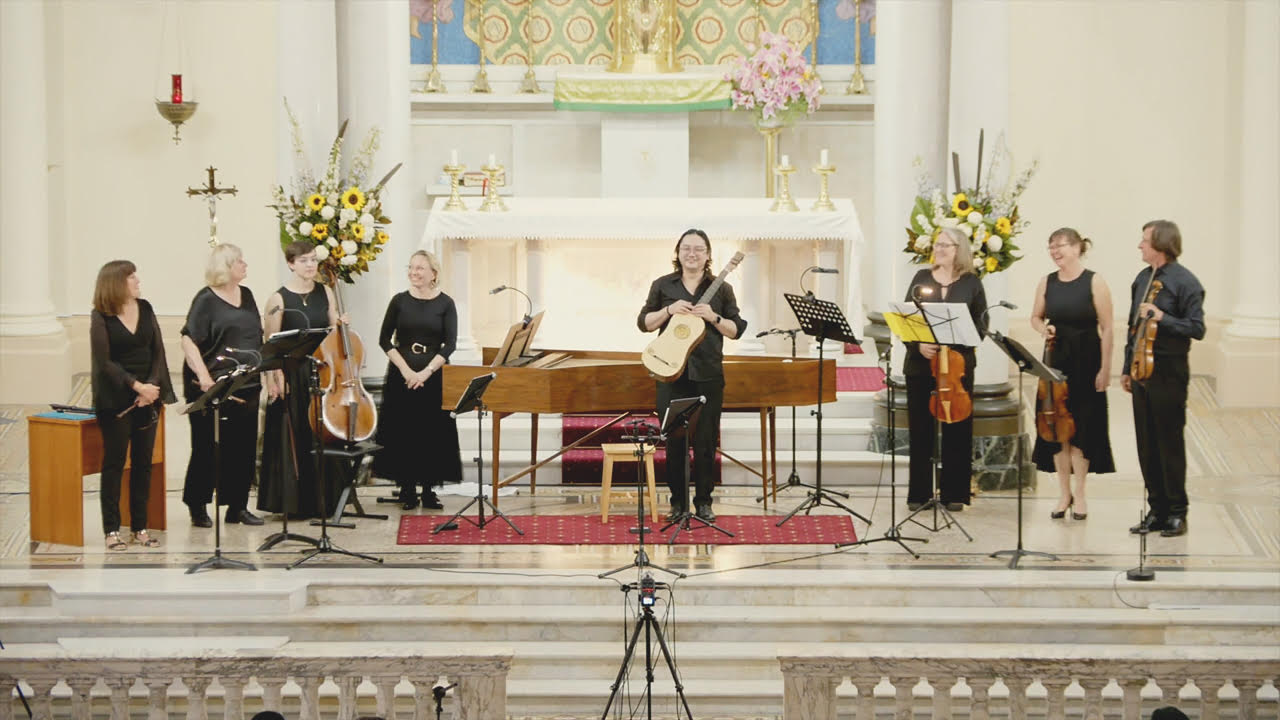
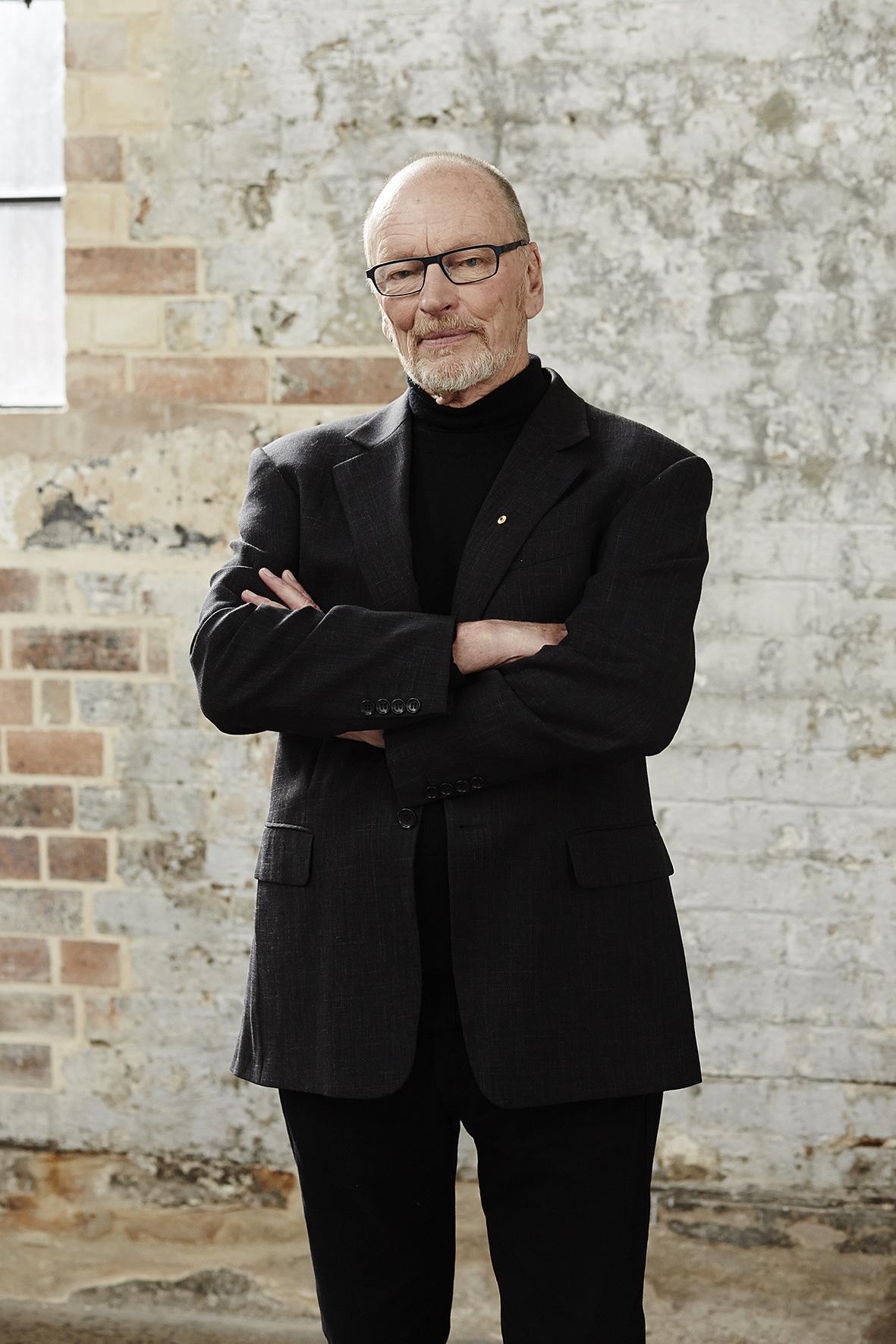

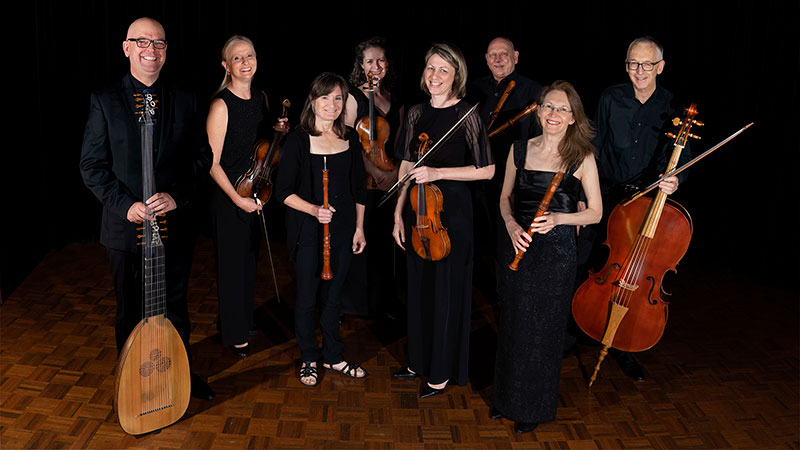



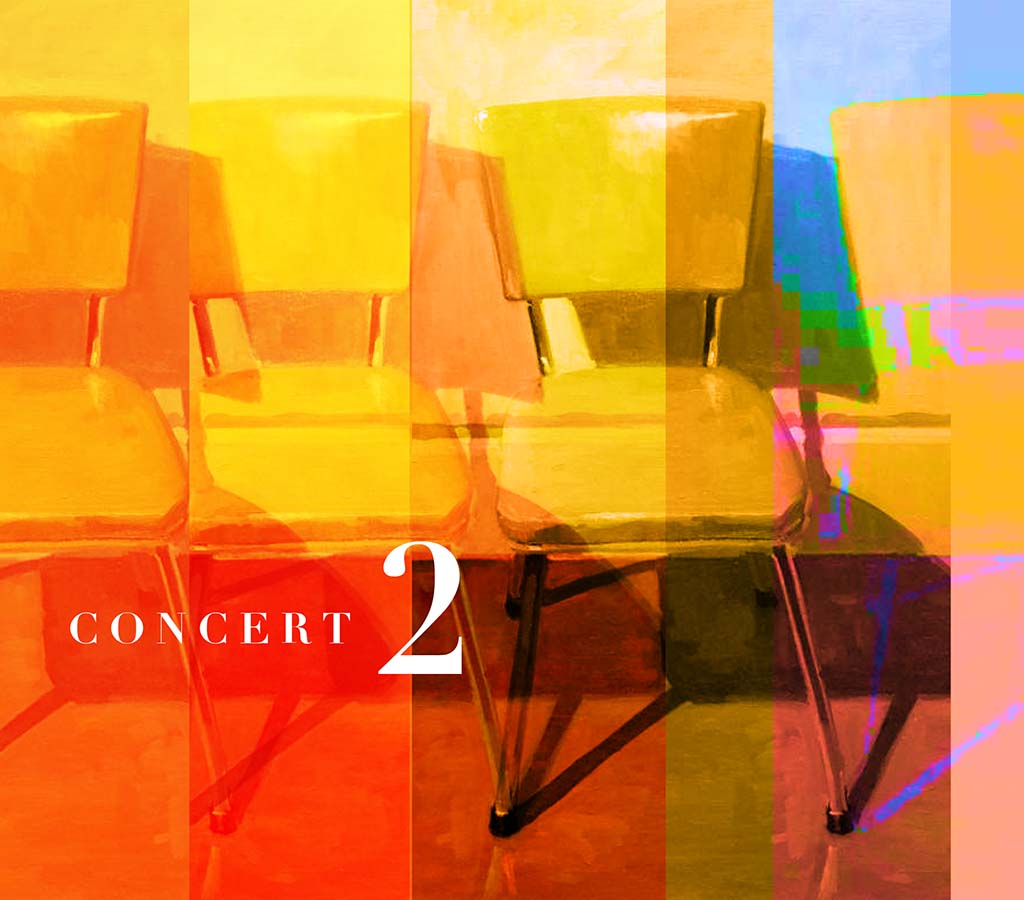

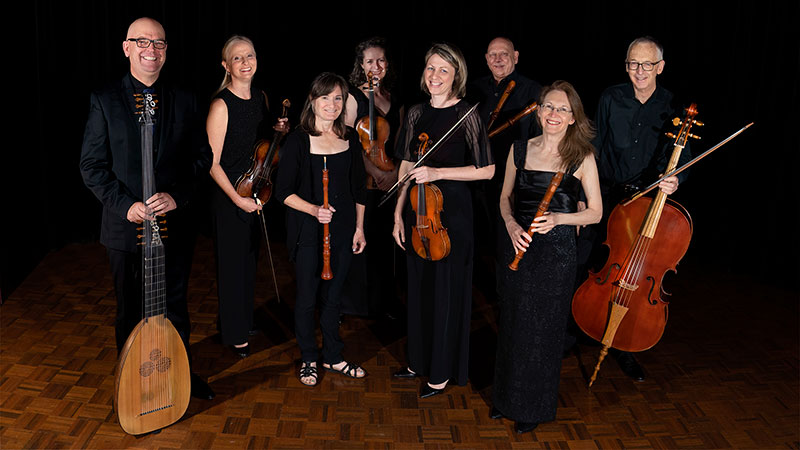
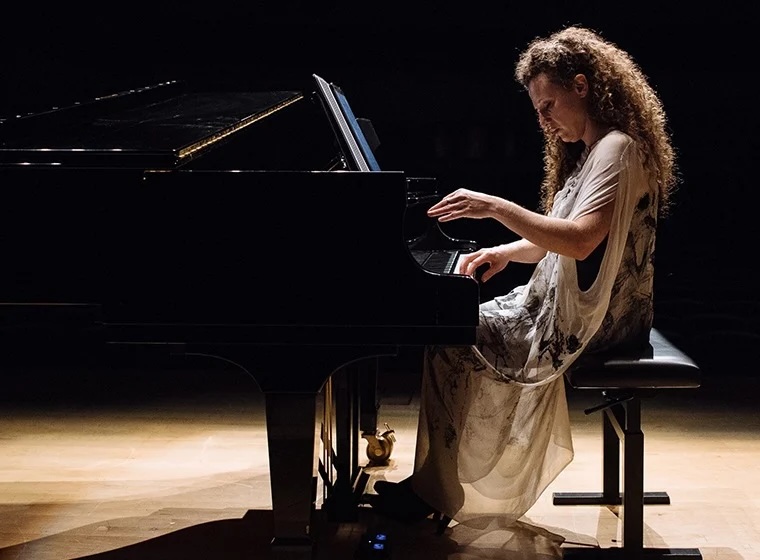






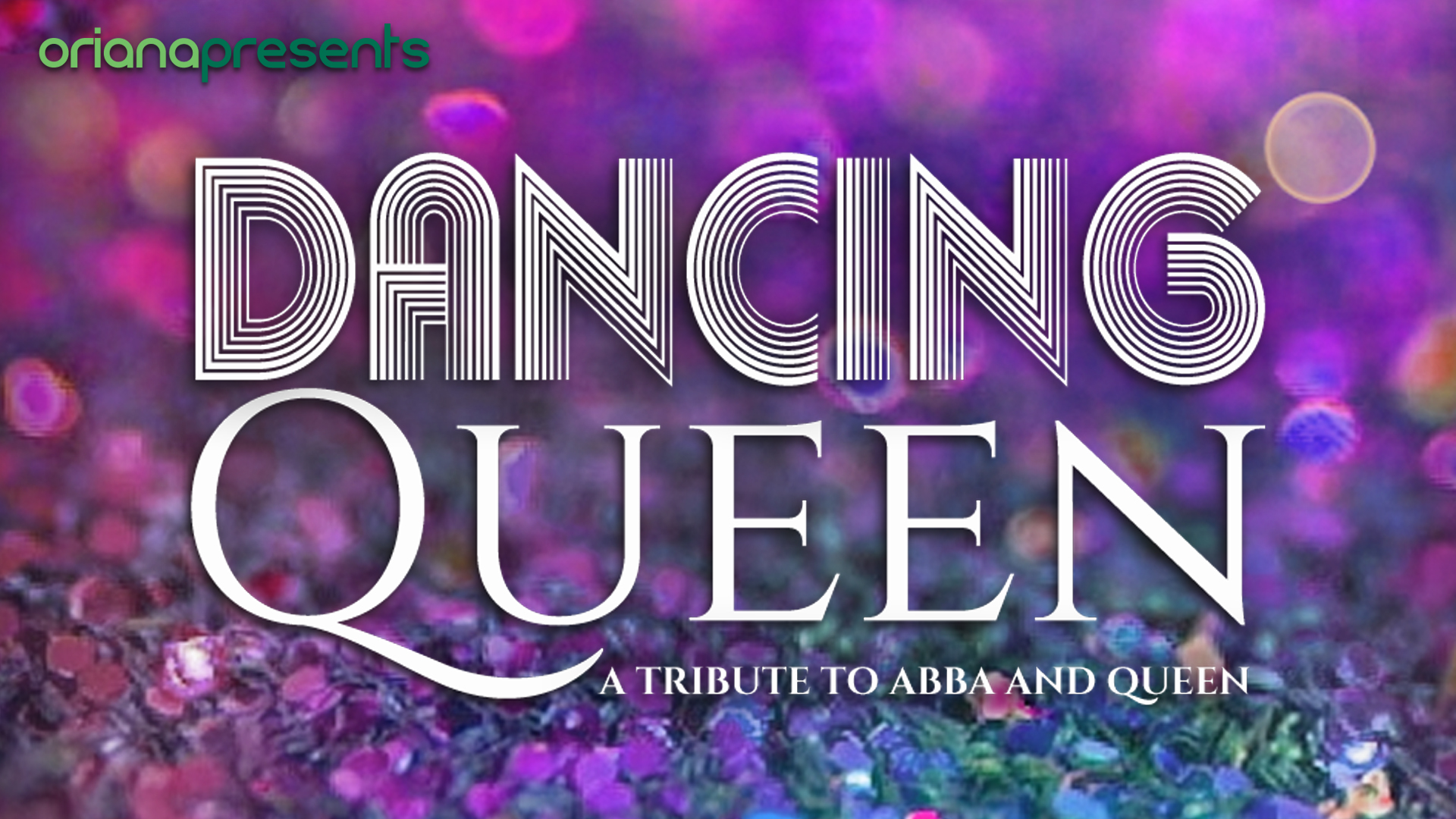
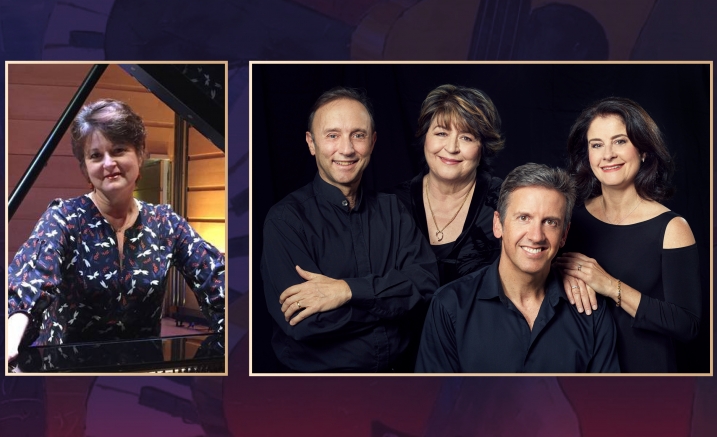
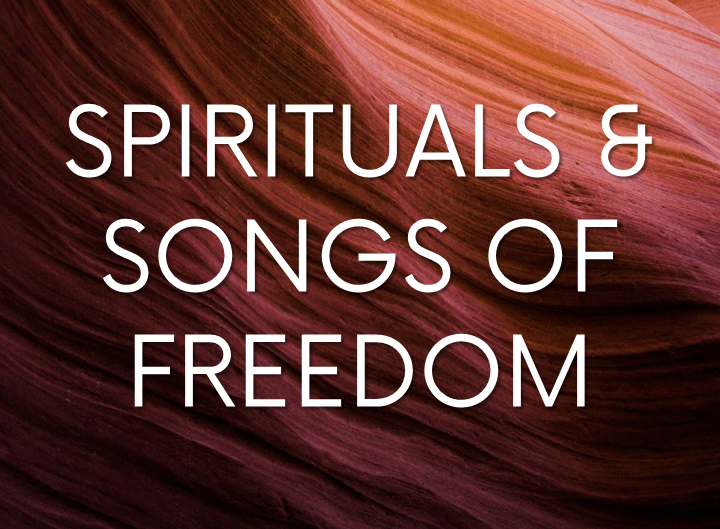
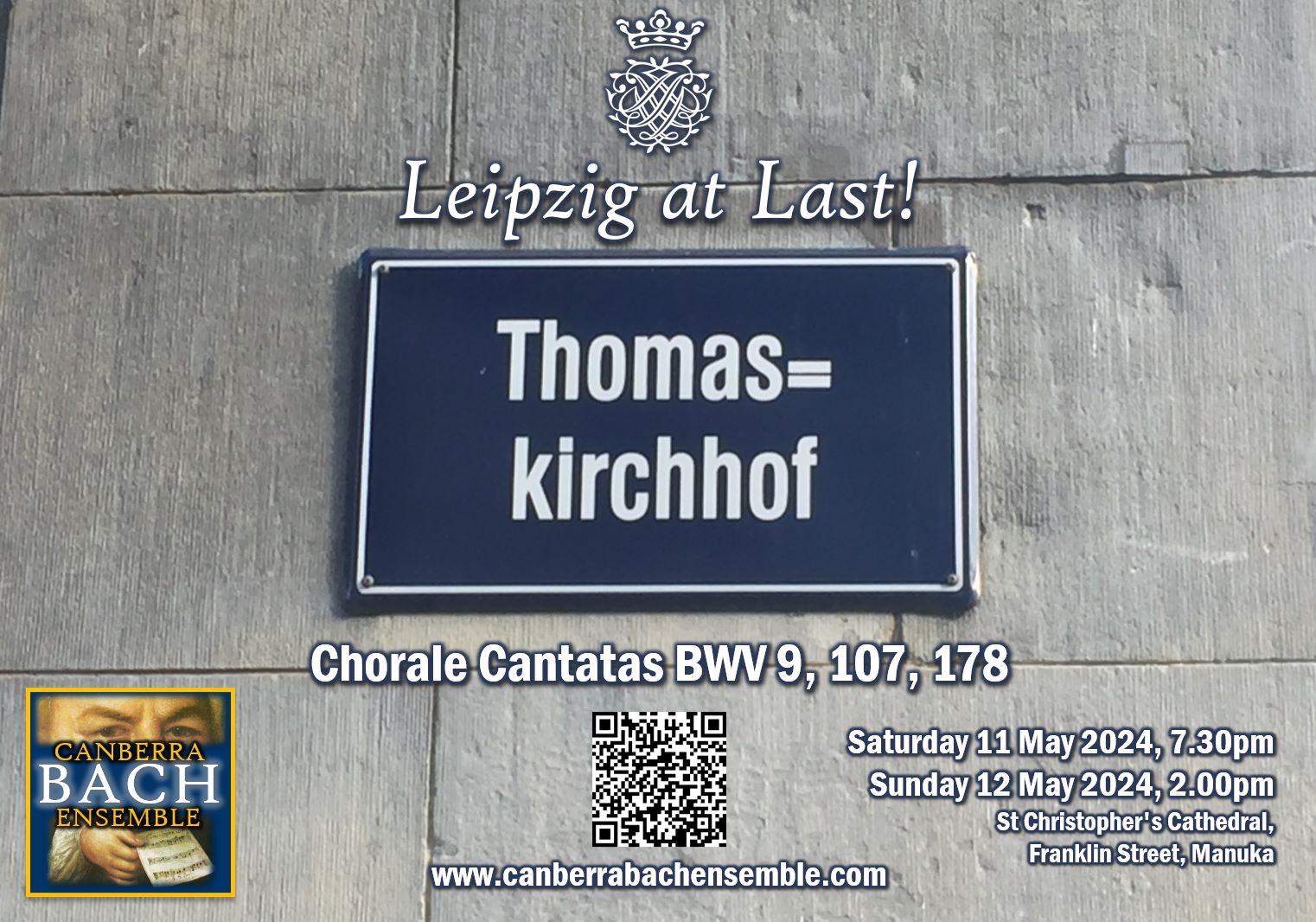
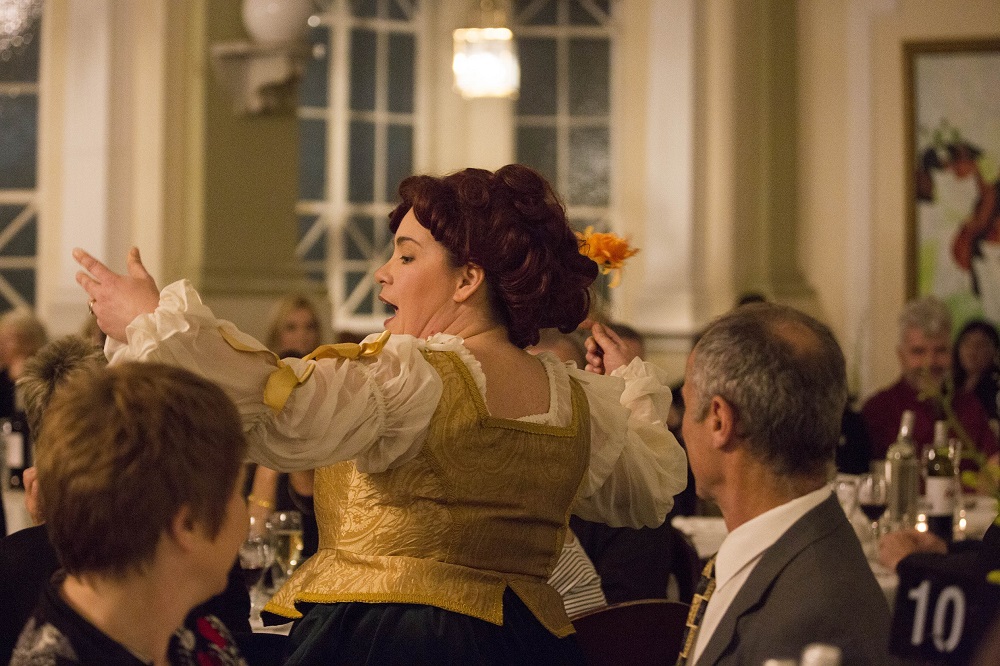

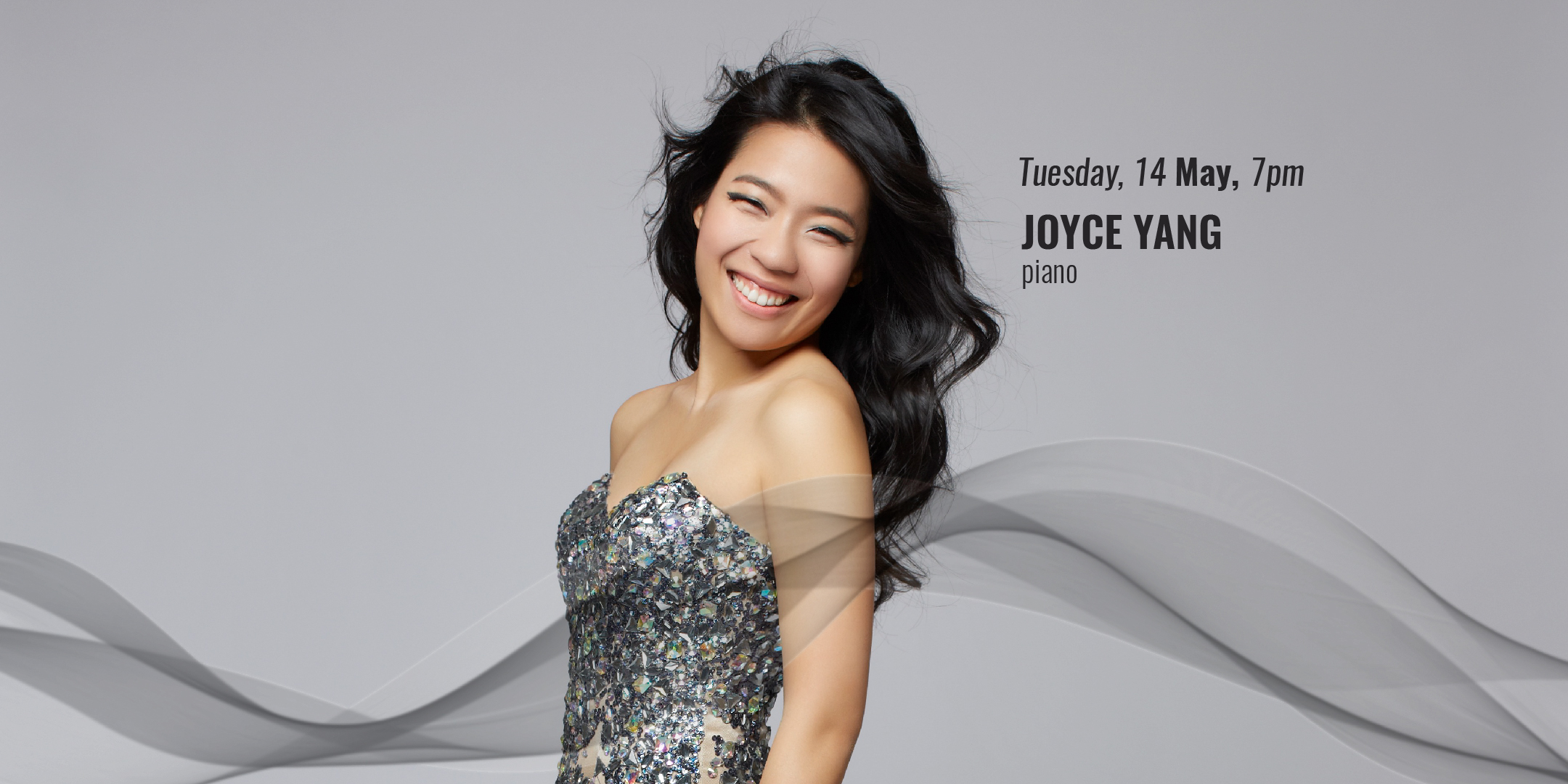




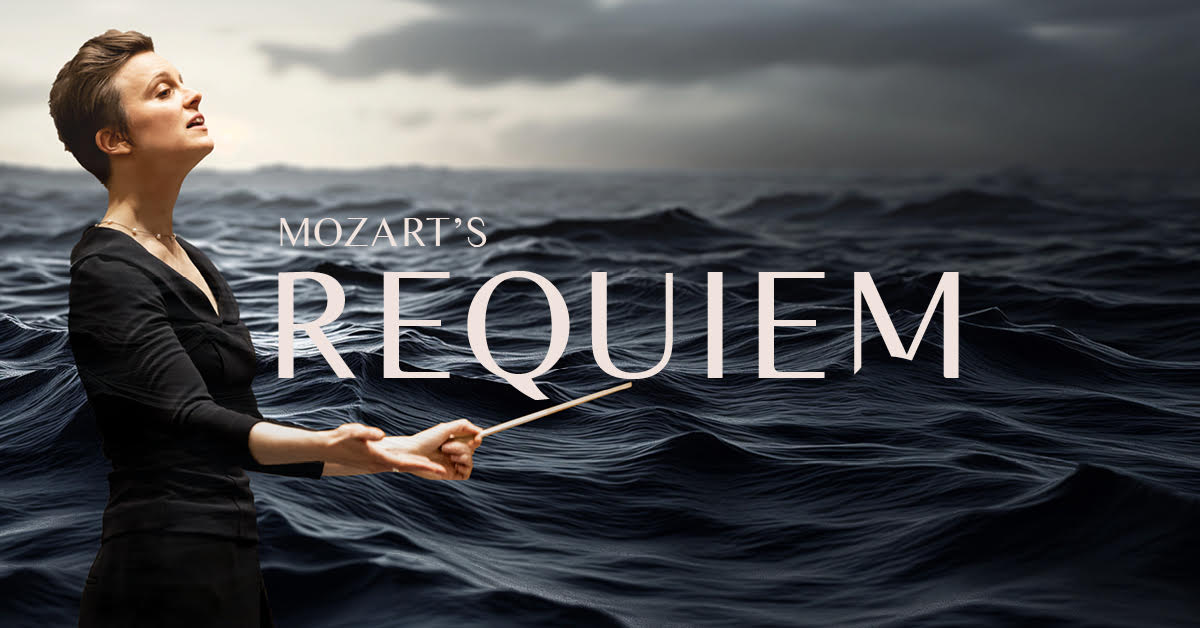
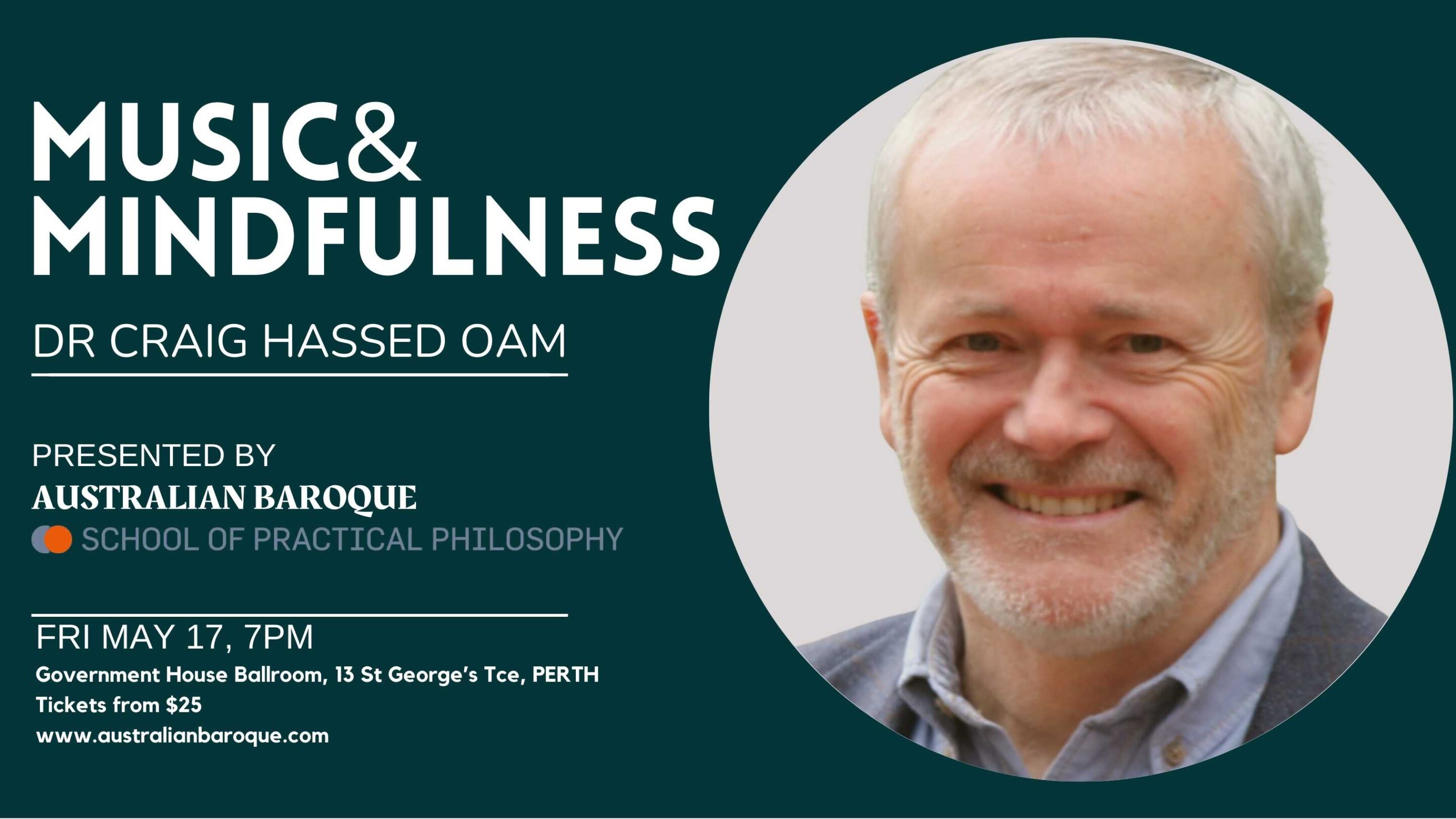

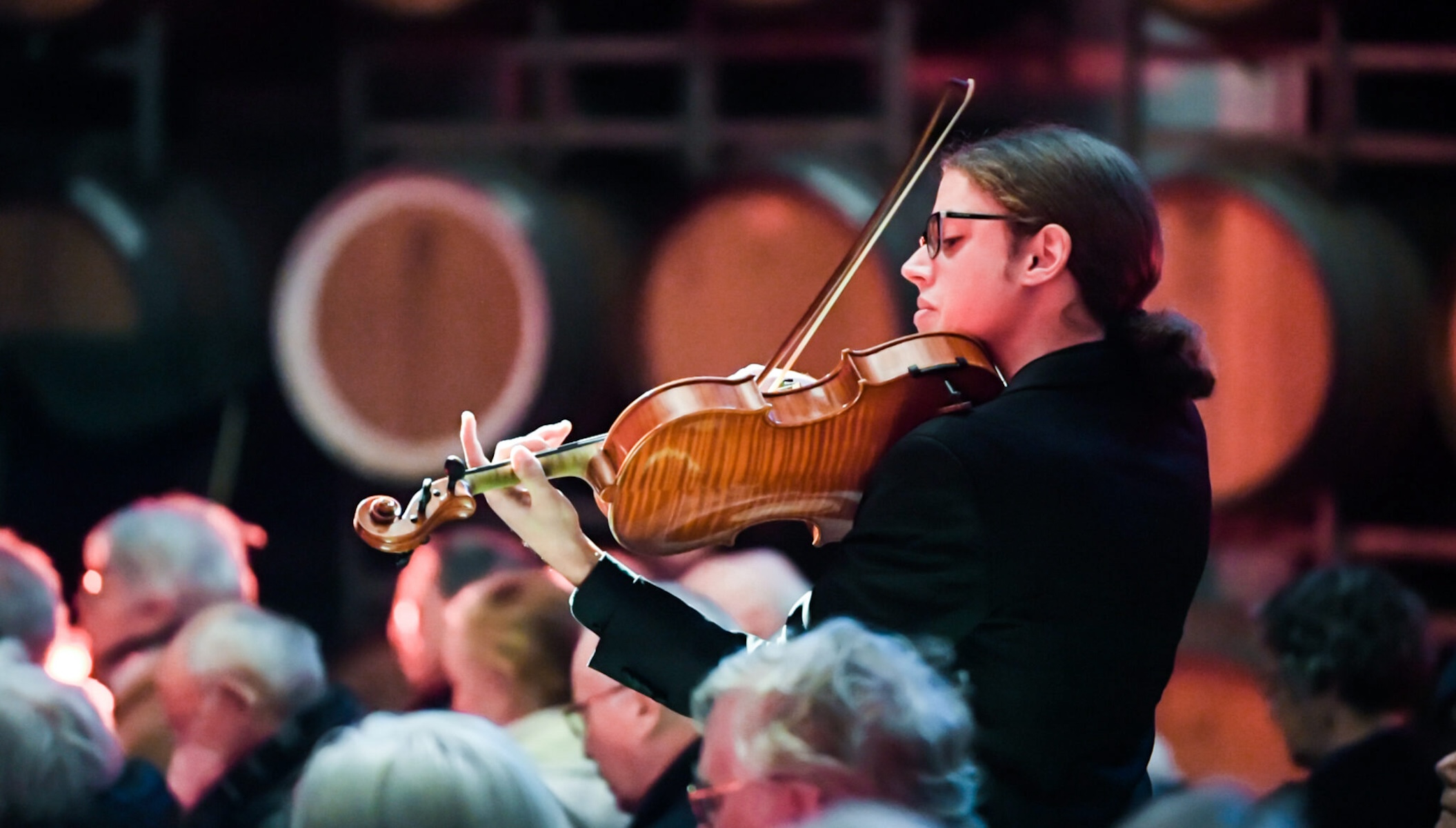

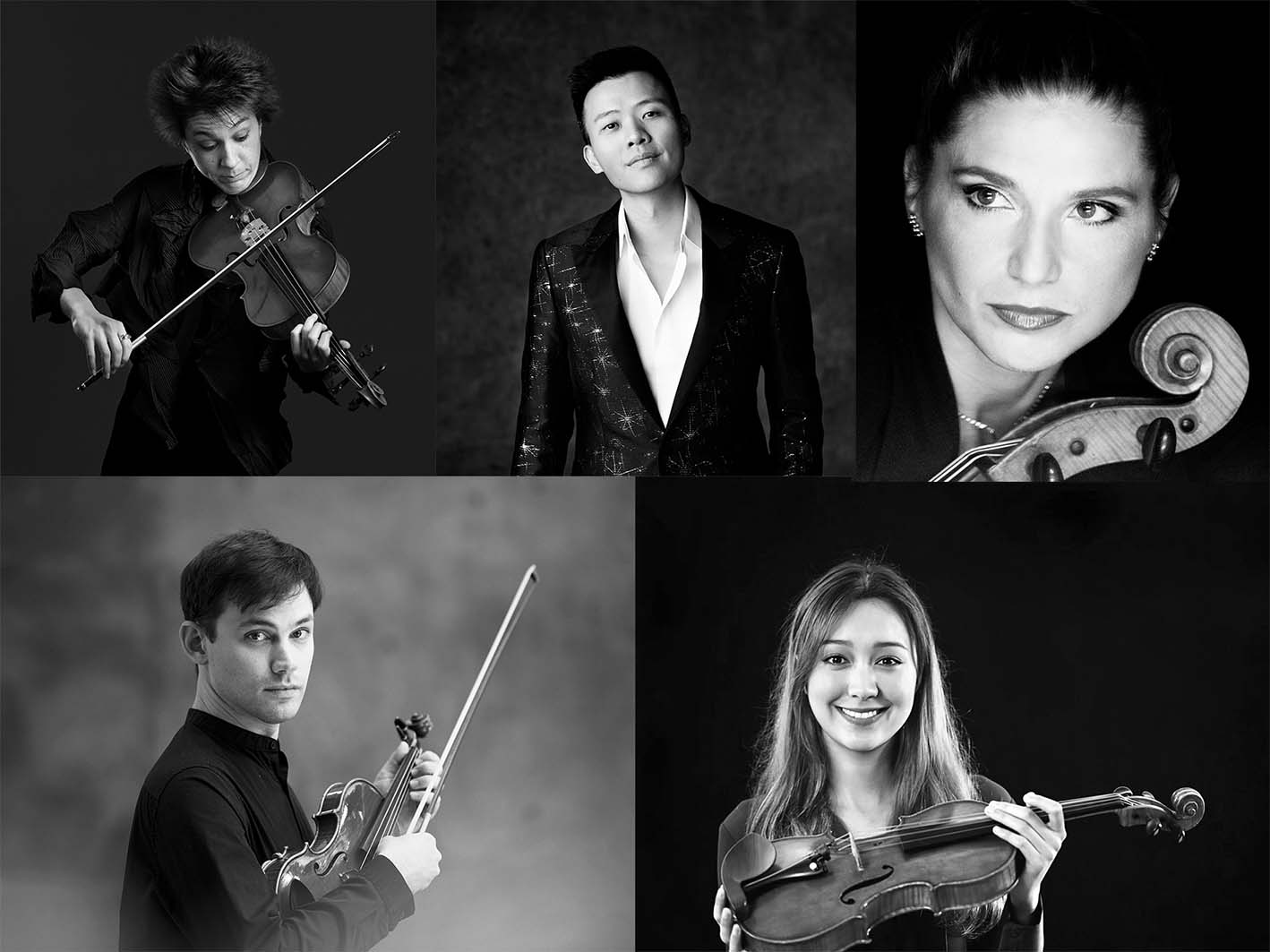
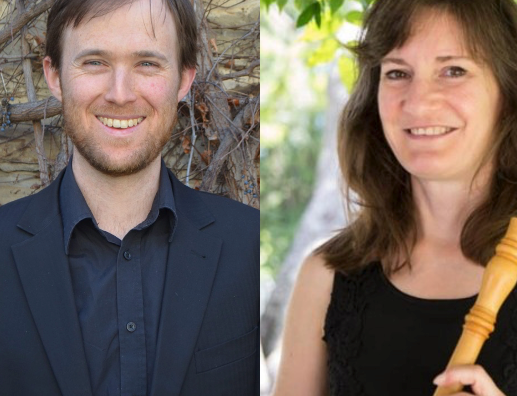
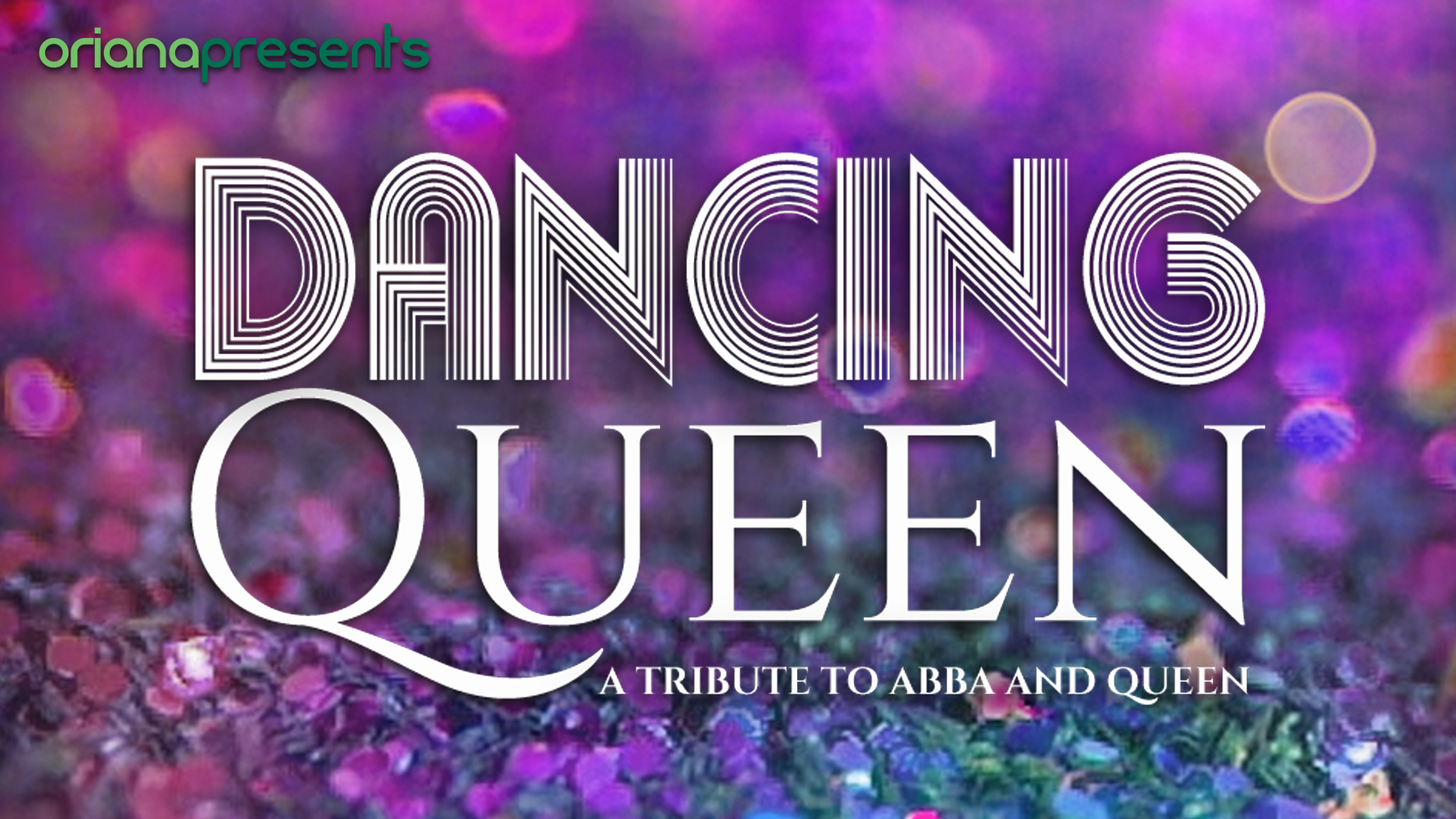


![user222 mrc mostlymozart [glories of the clarinet] user222 mrc mostlymozart [glories of the clarinet]](https://cdn-classikon.b-cdn.net/wp-content/uploads/2024/02/user222-mrc_mostlymozart_glories_of_the_clarinet.png)



